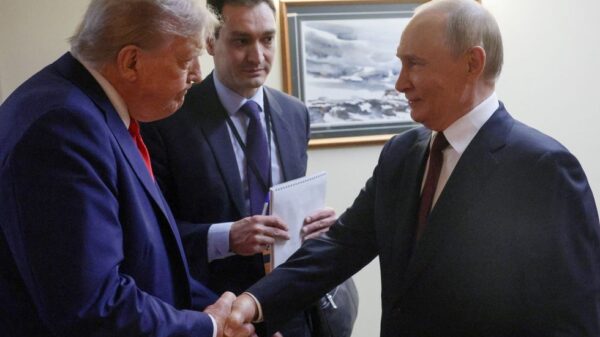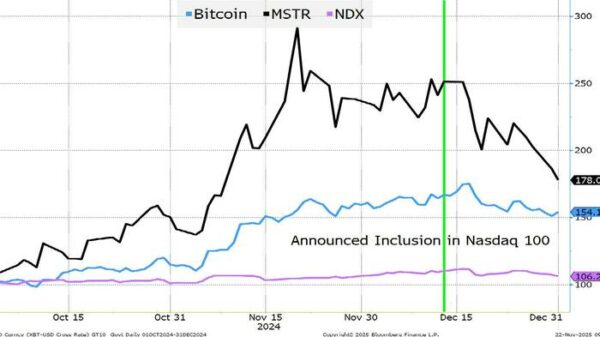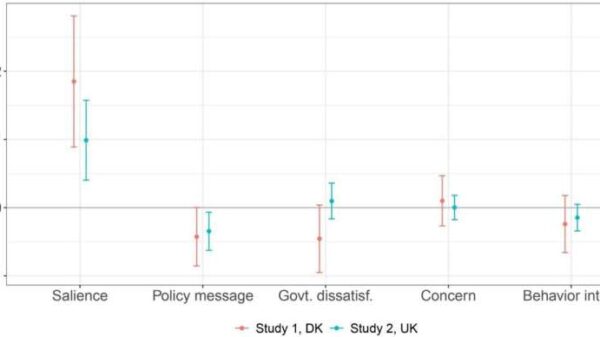Pentagon Chief Pete Hegseth condemned China’s escalating “destabilizing actions” in the South China Sea during defense talks held in Kuala Lumpur on March 16, 2024. In discussions with defense ministers from the Association of Southeast Asian Nations (ASEAN), as well as representatives from Australia, Japan, and the Philippines, Hegseth pledged U.S. technological support to help Southeast Asian nations address Chinese threats.
Speaking at the meeting, Hegseth, a former Army National Guard officer, emphasized the importance of developing shared maritime monitoring capabilities. He stated, “You see firsthand the threats we all face from China’s aggression in the South China Sea and beyond.” His comments reflect a growing concern over China’s activities in the region, particularly in areas claimed by multiple nations.
Strengthening Regional Defense
Hegseth highlighted the need for collaborative response systems and monitoring tools to ensure that countries facing aggression do not stand alone. He asserted that “no one can innovate and scale like the United States” and expressed eagerness to share these capabilities with allies and partners. This commitment is seen as a direct response to China’s assertive stance in the South China Sea, where Beijing claims sovereignty over nearly the entire area through a contentious line on its maps.
Reports indicate that China has deployed coast guard ships hundreds of kilometers from its mainland, with these vessels reportedly clashing with Philippine ships and interfering with energy operations in Malaysia and Vietnam. In response to accusations of aggressive behavior, Beijing maintains that its coast guard acts professionally to protect its territorial claims. Last year, Chinese officials urged Washington to avoid “dangerous and destabilizing actions” in the region.
Nuclear Testing and U.S.-India Relations
Hegseth’s remarks come shortly after Donald Trump announced via Truth Social that he had requested the U.S. military to resume nuclear weapons testing after a hiatus of 33 years. When questioned by reporters about the nature of this testing, Hegseth stated that the Pentagon would provide further details later, adding, “We have very capable nuclear capabilities, and testing them is only prudent.” This declaration underscores the U.S. commitment to maintaining its military readiness amid rising global tensions.
Additionally, Hegseth announced the signing of a 10-year U.S.-India Defense Framework with Indian Defense Minister Rajnath Singh, describing it as a cornerstone for regional stability and deterrence. He reassured ASEAN counterparts that the U.S. seeks peace, not conflict, while stressing the necessity of ensuring that China does not attempt to dominate the region.
The ongoing dialogues and initiatives highlight the increasing focus on collaborative security efforts among nations in the face of perceived threats from China. As tensions continue to escalate in the South China Sea, the commitment from the U.S. to support its allies remains a pivotal aspect of regional defense strategy.




































































